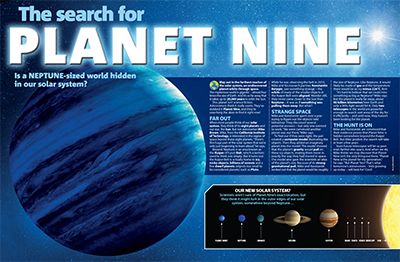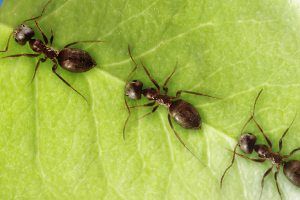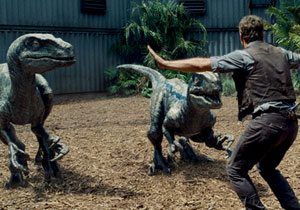
Planet Nine Primary Resource
Is there another world hidden in our solar system?
 This Science primary resource contains fascinating information about Planet Nine, the undiscovered planet that astronomers believe lies in the farthest reaches of our solar system. What evidence is there to suggest Planet Nine exists? How far away from Earth do astronomers think it is? How big is Planet Nine likely to be?
This Science primary resource contains fascinating information about Planet Nine, the undiscovered planet that astronomers believe lies in the farthest reaches of our solar system. What evidence is there to suggest Planet Nine exists? How far away from Earth do astronomers think it is? How big is Planet Nine likely to be?
Pupils will learn about the scientific reasoning behind this hypothetical planet and the research underway to find out more.
N.B. The following information for mapping the resource documents to the school curriculum is specifically tailored to the English National Curriculum and Scottish Curriculum for Excellence. We are currently working to bring specifically tailored curriculum resource links for our other territories; including South Africa, Australia and New Zealand. If you have any queries about our upcoming curriculum resource links, please email: schools@ngkids.co.uk
This Science primary resource assists with teaching the following Upper Key Stage 2 Science (Year 5) objectives from the National Curriculum:
Pupils should be taught to:
- describe the movement of the Earth, and other planets, relative to the Sun in the solar system
- describe the Sun, Earth and Moon as approximately spherical bodies
Pupils should learn that the Sun is a star at the centre of our solar system and that it has eight planets: Mercury, Venus, Earth, Mars, Jupiter, Saturn, Uranus and Neptune (Pluto was reclassified as a ‘dwarf planet’ in 2006).
This Science primary resource assists with teaching the following Sciences Second level objectives from the Scottish Curriculum for Excellence:
- By observing and researching features of our solar system, I can use simple models to communicate my understanding of size, scale, time and relative motion within it.
Scottish Curriculum for Excellence Sciences Third level objectives:
- By using my knowledge of our solar system and the basic needs of living things, I can produce a reasoned argument on the likelihood of life existing elsewhere in the universe.
Scottish Curriculum for Excellence Sciences Fourth level objectives:
- By researching developments used to observe or explore space, I can illustrate how our knowledge of the universe has evolved over time.
Download primary resource
Note: This is a subscriber-only benefit. If you have an active subscription, please log into your online account to download the files.
More Like

Daniel Radcliffe interview!

10 cool facts about ants!

NG KiDS chats to Dinosaur Expert Jack Horner!










LEAVE A COMMENT
THANK YOU
Your comment will be checked and approved shortly.
WELL DONE,
YOUR COMMENT
HAS BEEN ADDED!
COMMENTS1
Alaska
WOW
Peter
Amazing!
CUSTOMIZE YOUR AVATAR